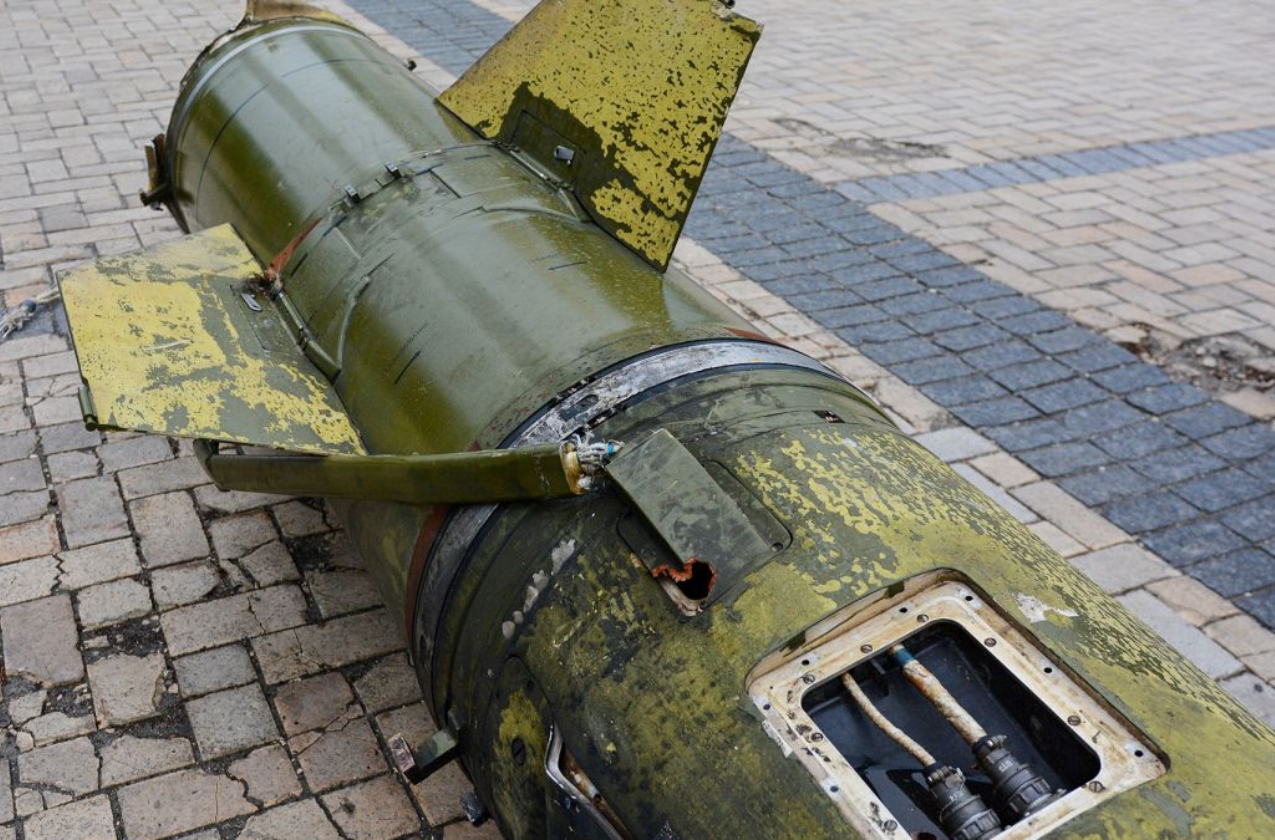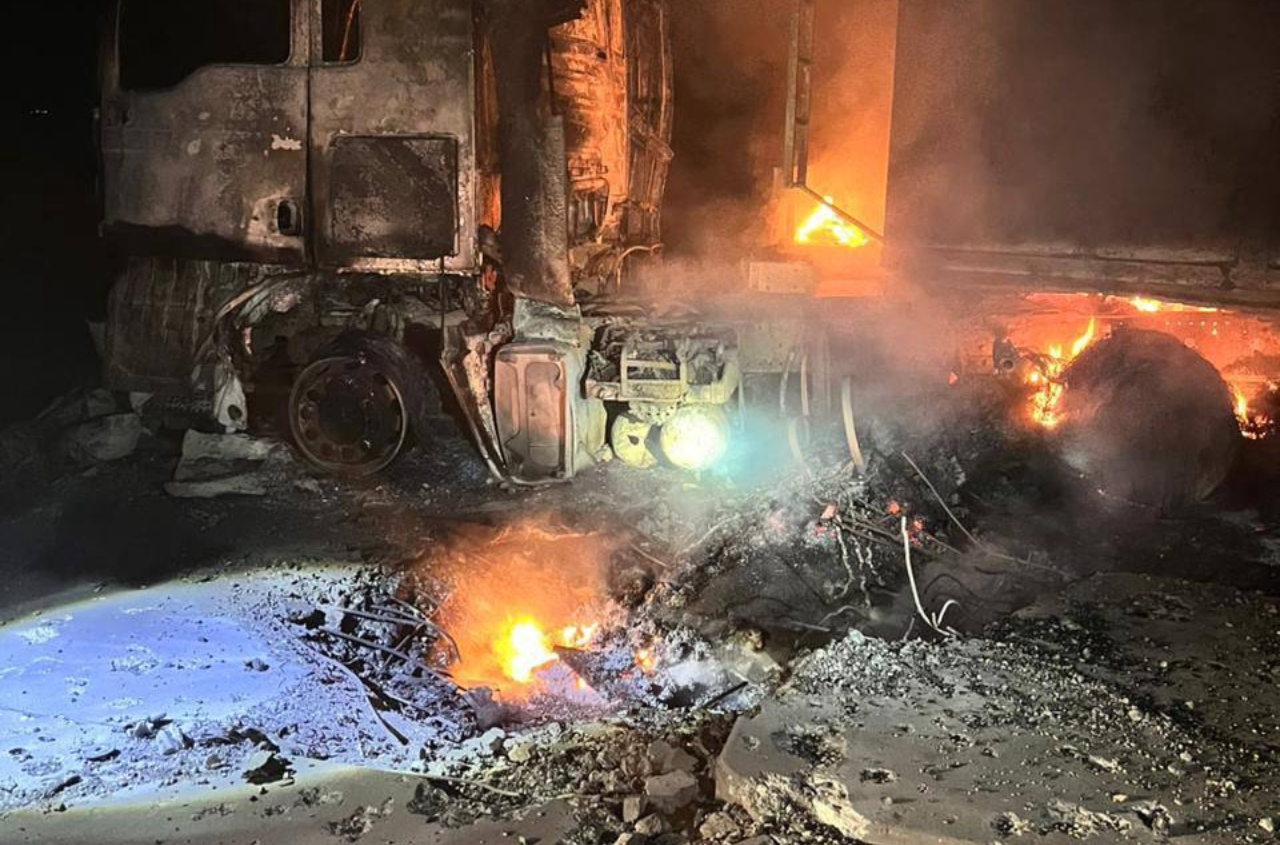The Ministry of Foreign Affairs of Ukraine has brought global attention to Russia’s extensive and deliberate use of cluster munitions throughout its aggression against Ukraine. Ukrainian officials report nearly 6,000 documented instances of such attacks, underscoring a sustained pattern of violence targeting both military personnel and civilians.
Russian forces have repeatedly employed missile and bomb strikes featuring cluster munitions across various rocket systems, including Smerch, Grad, Hurricane, Tochka-U, and aerial bombs. These weapons release submunitions like 9N210, 9N235, KOBE 3B-30, and others, which scatter over wide areas, increasing the risk of civilian casualties and infrastructure damage.
Several attacks stand out for their severity and impact on civilian populations. On March 17, 2022, Hurricane rockets struck Chernihiv, resulting in 22 deaths and 31 injuries. Just weeks later, on April 8, a Tochka-U cluster missile hit the Kramatorsk railway station during an evacuation effort, killing 54 people and wounding 135. More recently, in June 2025, remnants of cluster munitions were discovered after an X-69 missile strike on Kyiv that caused additional civilian harm.
These attacks have not been isolated to a few locations. Cities across Ukraine—Mykolaiv, Kharkiv, Odessa, Sumy, Kherson, and others—have suffered from these devastating strikes, along with multiple regions in Donetsk, Zaporizhzhia, and Luhansk oblasts. The consequences include significant civilian casualties, including children, and widespread destruction of homes, hospitals, schools, and critical infrastructure.
Ukrainian authorities accuse the Russian military of intentionally deploying cluster munitions as part of a broader strategy to terrorize the civilian population and maximize destruction. Moreover, Moscow reportedly shares these tactics with allies such as Iran and North Korea, further spreading these methods of warfare.
International law experts warn that Russia’s actions violate several key treaties, including the Geneva Conventions and the Rome Statute of the International Criminal Court, which categorizes intentional attacks on civilians as war crimes. Ukraine insists these crimes cannot be ignored or left unpunished, with ongoing efforts to document offenses and pursue legal accountability.
In response, Ukraine’s Ministry of Foreign Affairs is calling:
"We call on partners to impose new, devastating sanctions on the Russian economy and industry — especially its defense sector, energy revenues, and banking system — as well as against individuals and entities directly or indirectly supporting the armed aggression against Ukraine."
Furthermore, Ukraine appeals for increased military support, emphasizing the urgent need for more air defense systems, ammunition, and long-range capabilities, alongside investments to bolster Ukraine’s own defense manufacturing. These measures are seen as vital to protect civilians and prevent further atrocities.
Experts and officials alike stress that only through strong, coordinated international action can the cycle of violence be broken and a just, lasting peace be achieved.




















